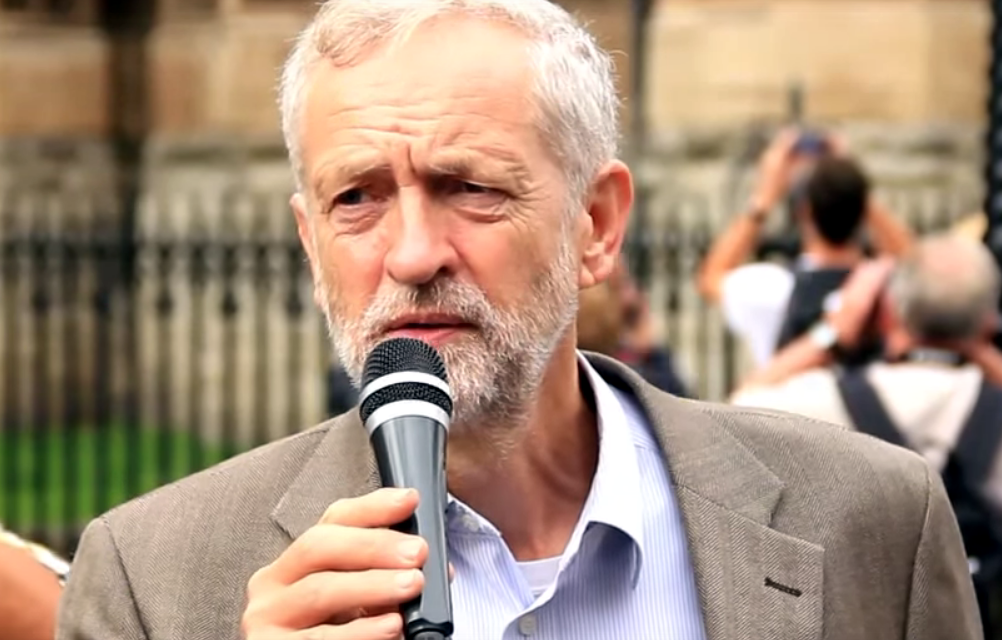Former Labour Party leader Jeremy Corbyn has suggested a radical solution to the ongoing mortgage crisis. Corbyn, known for his left-leaning ideologies, has called for the immediate seizure of all private properties as a means to address the housing affordability issue.
Speaking at a recent political rally, Corbyn argued that the current system perpetuates inequality and fails to provide adequate housing for all citizens. He believes that seizing private property would enable the government to redistribute housing resources more equitably and ensure affordable housing for everyone.
“While it may seem drastic, seizing all private properties is a necessary step towards tackling the mortgage crisis and achieving true housing justice,” Corbyn passionately proclaimed to a crowd of supporters.
The proposal has ignited a fierce debate among political pundits, economists, and homeowners. Critics argue that such a measure infringes upon property rights and undermines the principles of a free market economy. They express concerns over the potential erosion of personal wealth and the negative impact on the housing market.
Supporters, on the other hand, contend that Corbyn’s proposal reflects a progressive and compassionate approach to solving the housing crisis. They argue that affordable housing is a fundamental right and believe that the redistribution of properties will create a fairer society.
However, legal and logistical challenges loom large over Corbyn’s idea. The practicality of implementing such a policy raises numerous questions about compensation, property management, and potential disruptions to the economy.
The proposal has also drawn criticism from homeowners who fear losing their homes and investments without fair compensation. The uncertainty surrounding property ownership could have far-reaching consequences for the stability of the housing market and the broader economy.
As Corbyn’s proposal gains attention, it serves as a reminder of the deep-seated issues surrounding housing affordability. Experts and policymakers continue to explore alternative solutions, such as increased social housing initiatives, investment in affordable housing projects, and reforms to mortgage lending practices.
While Corbyn’s suggestion sparks debate and challenges conventional thinking, it is unlikely to find widespread support among policymakers and the general public. Striking a balance between addressing the mortgage crisis and respecting property rights remains a complex task that requires careful consideration and collaborative efforts from all stakeholders.
As the discussions unfold, it is clear that finding a sustainable and equitable solution to the mortgage crisis requires a comprehensive approach that encompasses diverse perspectives and considers the long-term implications on homeowners, tenants, and the broader housing market.
















